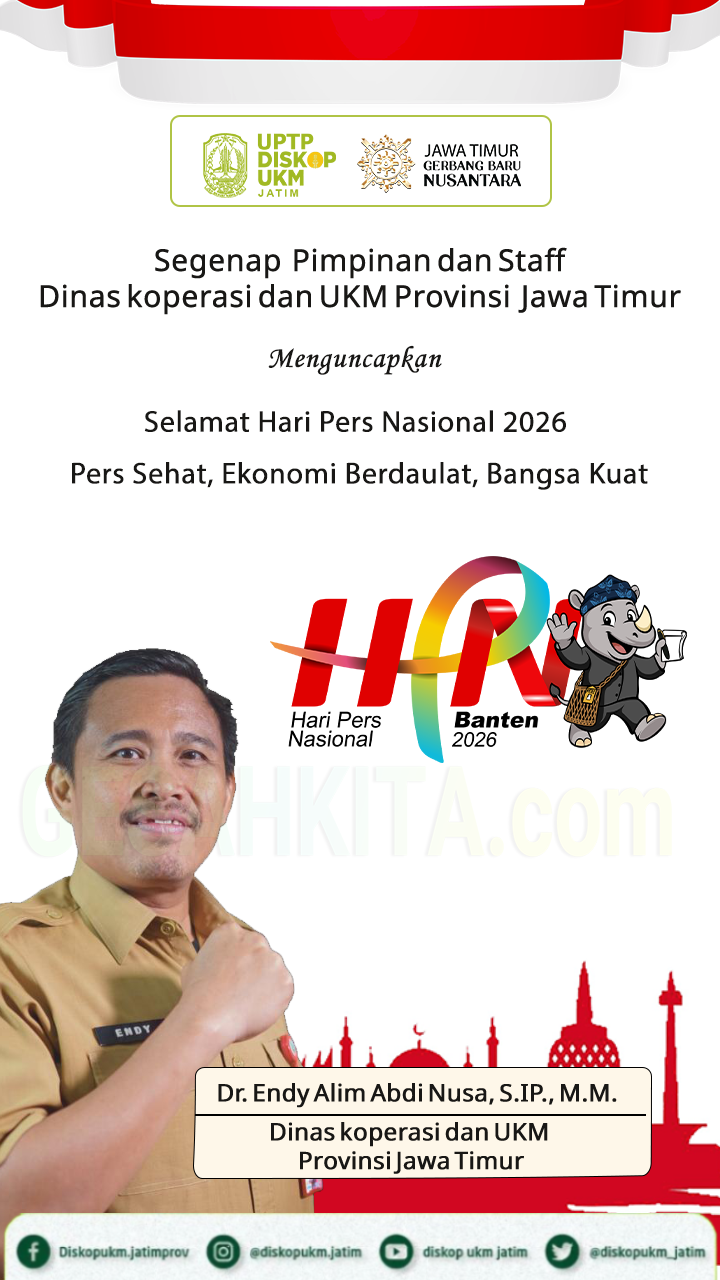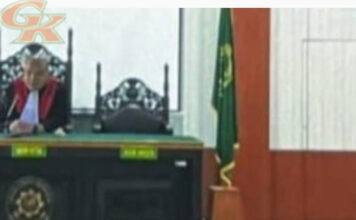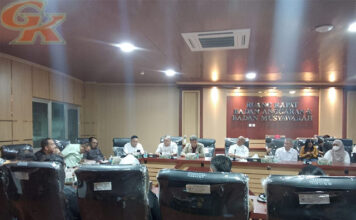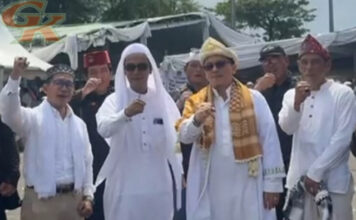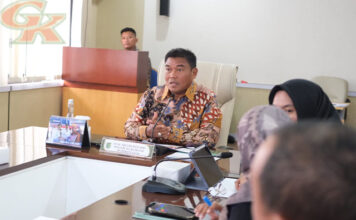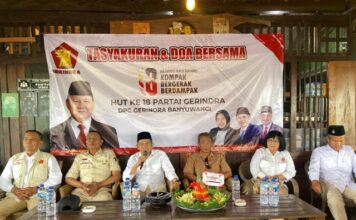PALEMBANG, GESAHKITA COM—In his release writting, H Armansyah, a former director of BPR Palembang (rural Bank) who is in a position to struggle for justice, conveyed his release to this media entitled, “The Heart of the Principal Seeks Justice,” Tuesday.
Furthermore, he explained a little history of the early establishment of (the rural bank) BPR Palembang, which is a (Local Govt Owned Company) BUMD of Palembang City.
- THE RURAL PALEMBANG (BPR) OPERATION FOR 1 YEAR
According to Arman, BPR Palembang by deed was established in 2013, but has only been operating since January 2016, because it had to take care of principle permits and operational permits and also prepares infrastructure, such as buildings, office equipment, computer systems, employee recruitment and training, making policies, make SOPs and others.
“While preparing everything and waiting for an operational permit, we did not receive any salary for 10 months, because there was no budget, employees were laid off, only the directors worked (no wages) to fight for this BPR (rural bank),” he explained in his release.
“At the time of its establishment, he continued, “This BPR had an initial capital of only 6 billion. BPR was established (operational) since January 2016, while the granting of credit to Ilham Santosa was in January 2017,” he said.
“This means that it has only been operating for 1 year and with the age of 1 year, it is certain that there are many weaknesses and shortages of human resources and lack of education costs,” said Arman.
Arman admitted that the conditions at that time made administrative conditions weak, overlapping jobs, and having multiple positions and so on.
Arman also later revealed that during 2016, BPR suffered a loss of 5 billion, due to the large pre-operational expenses that were charged at once.
“However, in 2017, BPR earned a profit of I billion and received an award from the info bank magazine, for growing faster. Capital Rp. 6 M increased to Rp. 25 billion, total assets of Rp. 88, 5 billion and a profit of Rp. 1 M,” he said again.
Arman then said that in conditions of a complete shortage of human resources, especially human resources, BPR experienced a significant growth. The low quality of human resources and the lack of employees have resulted in an untidy administrative system, this of course has an impact on legal risk.
“The legal risk that I am currently facing is the impact of the low quality of human resources, whose knowledge has not yet reached the risks that will be faced,” explained H Armansyah.
“One thing that is sad for me,” he added, “is a mistake or weakness that the employee has but will be borne by myself as the boss,” said Arman.
“Even though the birth of a credit, he said, went through tiered stages from the bottom up, until at the end a decision was approved or rejected,” he said.
- BPR Is the Lowest Caste Among Banks.
Still in the release of H Armansyah who is seeking justice, who further said that of the many banks operating in Indonesia, BPR is the lowest caste.
This can be seen or compared with the following types of banks:
- State-owned bank
- National Private Bank
- Foreign Private Bank
- Mixed Bank (Foreign and National Private)
- Bank BPD (Regional Development)
- 6 Rural Banks
“BPR Bank is a bank at the lowest level in the national banking caste, it certainly has system weaknesses and weaknesses, network weaknesses, capital weaknesses, HR weaknesses and others,” he said.
Even though it was written by Arman, the treatment of law and the law does not look at caste, all of them are for and apply to the same banking law.
“This causes BPR or BPR management to experience risks, both operational risk, credit risk, market risk, and legal risk,” said Arman.
Arman also considered that there should be special treatment for BPRs, not to be treated the same as top banks.
For Arman, one of the advantages of a BPR is its fast, uncomplicated service, shorter bureaucracy, and easy requirements.
“However, this advantage has become a weakness, becoming an object for supervisory agencies because the performance of supervisors is judged by the number of findings obtained or the number of people who are imprisoned,” he asserted.
Arman then said that over time, BPRs would become extinct because one side was unable to compete with the big banks and the other side was under pressure from the authorities.
- The facts of the trial
In addition, at the end of this release, H Armansyah wrote the facts in court, namely:
“First, I was suspected of receiving a payment from Mr. Ilham Santosa of Rp. 4 billion, but I was never shown the evidence,” said Arman.
In the second part, Arman wrote again in his release, the Whistleblower at the BAP by the investigators admitted that he had lost/lost money of Rp. 4 billion, but the investigator when he examined me never asked about the money,” wrote Arman.
Then at the third point in this release, Arman also wrote, “I was suspected of making fake notes, or fake documents, even though I was never shown which notes were fake or fake documents,” he said.
Meanwhile, on the fourth point, Arman also said, “Things that were questioned to BPR employees (witnesses) were not asked to me (as a suspect)”.
After that, at the fifth point, Arman wrote, “I am suspected of violating the maximum credit limit, which in my opinion is not a violation because there is a way to calculate it. Investigators are freely given the opportunity to explain the results of their investigations, while I as a suspect were not given the opportunity to defend myself,” Arman wrote again.
Then on the seventh point, Arman wrote, “The lack of evidence that I have is because I am no longer in office, while the evidence is at BPR Palembang”.(Updated English Version)
Editor : Arjeli Sy Jr






